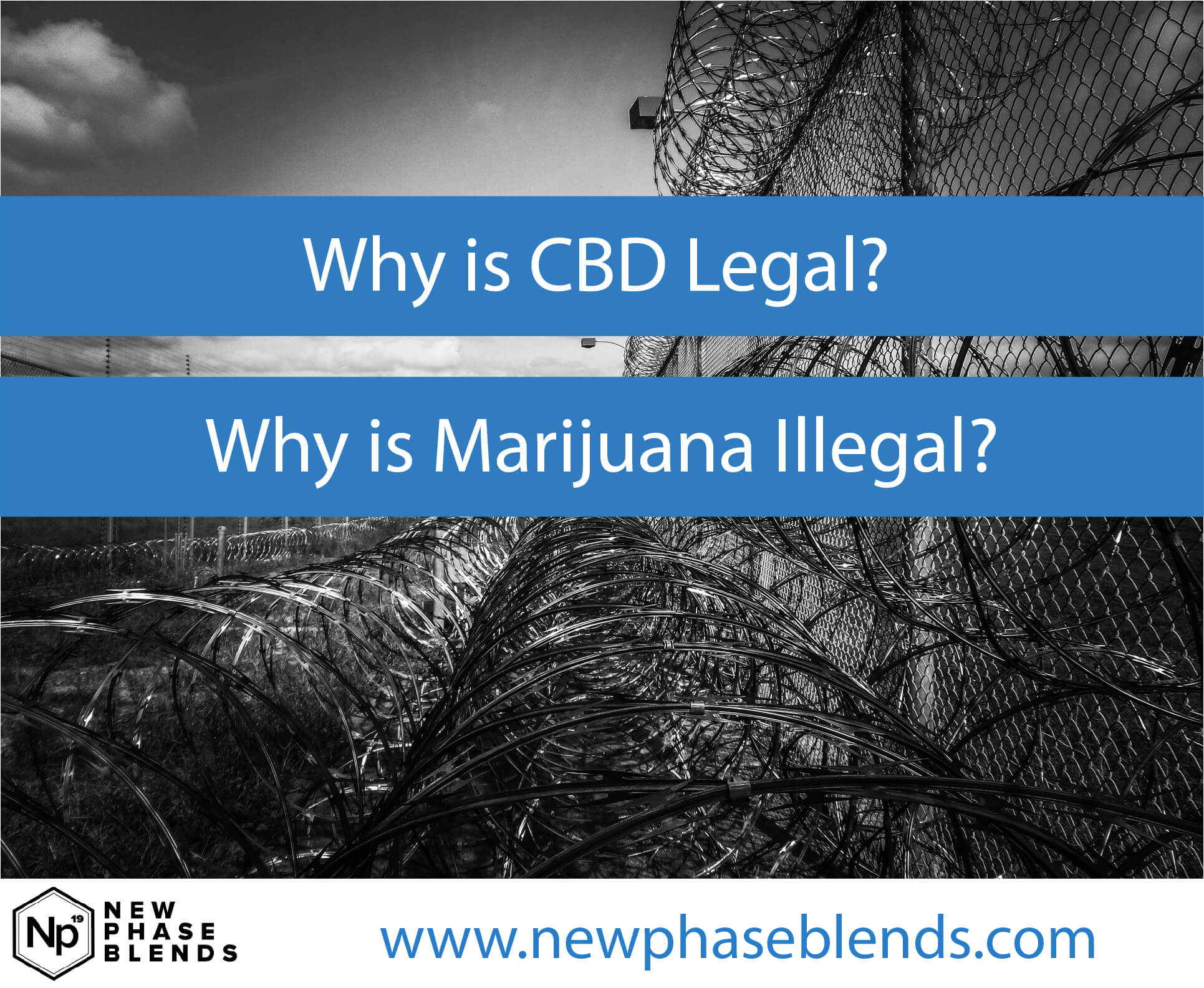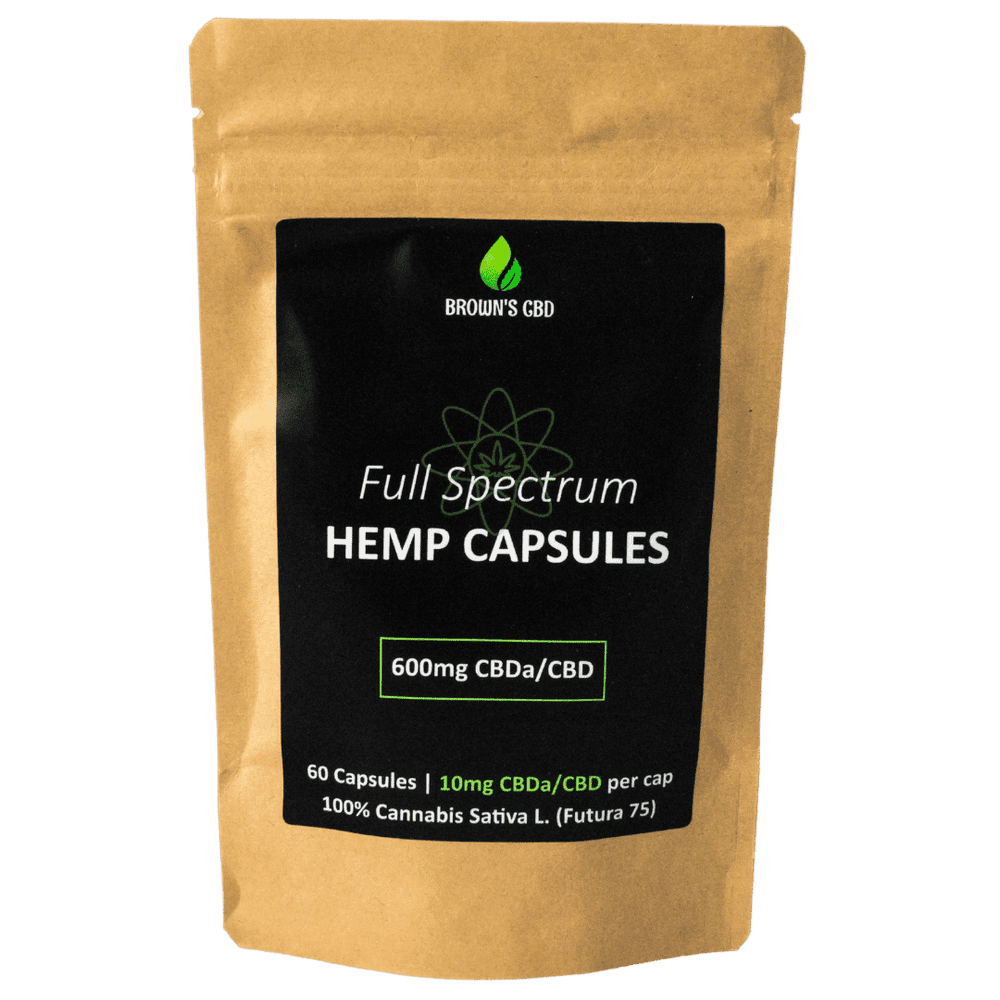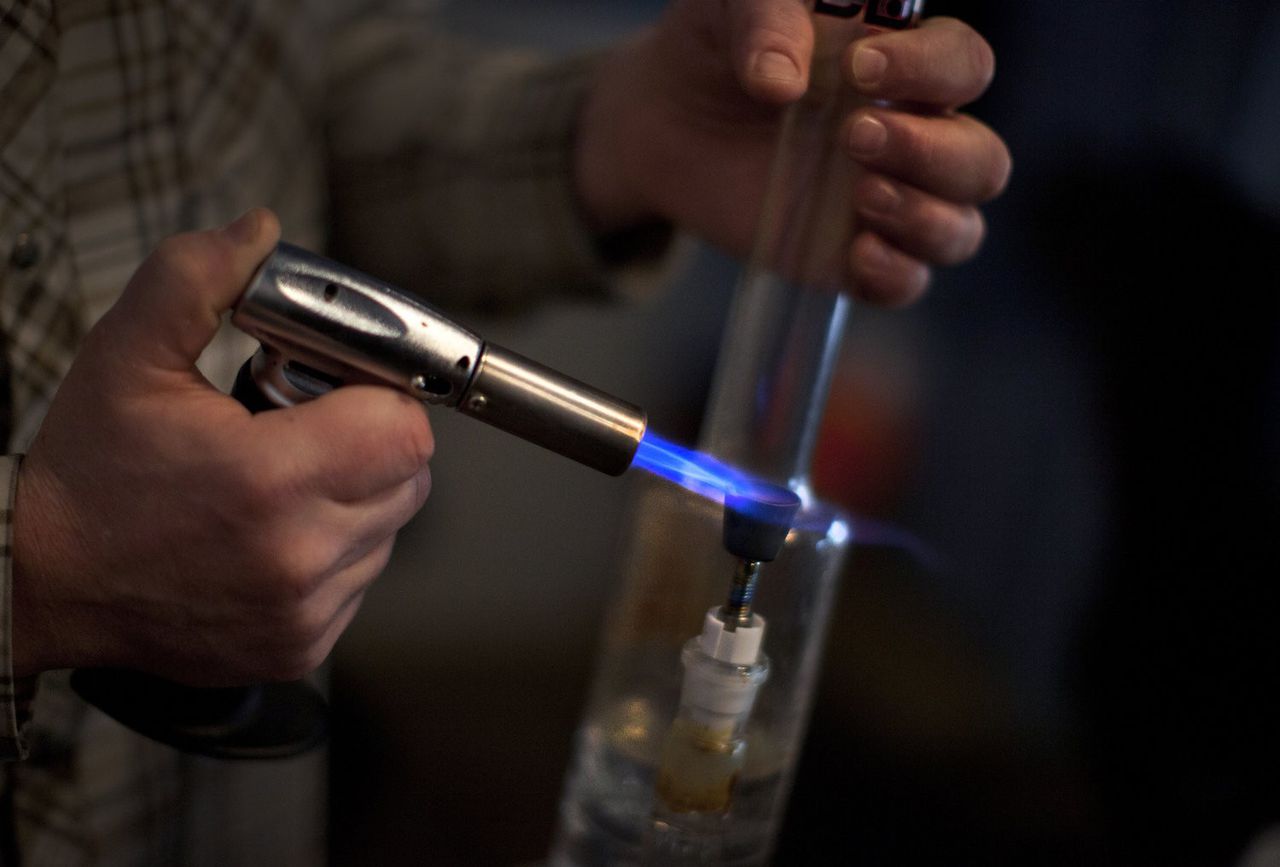
Although medical experts are generally skeptical about the benefits of THC for the treatment of cancer, recent studies have proven the drug's effectiveness in easing chemotherapy-induced vomiting and pain. A recent study conducted by Dr. Aung-Din - a neurology specialist who is board-certified by American Board of Psychiatry and Neurology - found that THC can dramatically reduce nausea and vomiting and ease the associated pain.
Cannabidiol
Cannabidiol, tetrahydrocannabinol and THC are some components of cannabis. Both substances protect neurons and prevent oxidative stress-related damage. THC can protect neurons no matter how it reacts in combination with other substances such as glutamate. A new study has found that cannabidiol provides more protection than antioxidants such as ascorbate or a-tocopherol.

Cannabis
It's fascinating to see the science behind cannabis and thc. It is home to many compounds, each with different actions. The presence of flavonoids, terpenes and other compounds in cannabis can make it different from one strain to another. Different terpenes may cause differences in the fragrance. Sometimes, cannabis can even be used to treat medical conditions. But, you must get medical marijuana from licensed growers. It is a lengthy and complex process, but the rewards far outweigh all the risks.
Cannabinoids
Cannabinoids are chemicals derived from cannabis. They are used in a variety of medical applications, including the treatment of children's behavioural problems and the induction of endometrial inflammation. In addition to their medical benefits, cannabinoids also have anti-inflammatory effects. There is limited information in the literature about cannabinoids' use in humans. A good starting point for researchers is a comprehensive review of current research.
Terpenes
Terpenes of THC, which are compounds found in cannabis, influence the user's experience. The energizing, calming, and relaxing effects of limonene, beta-caryophyllene, and linalool are due to terpenes like limonene and pinene. These compounds can, however, be irritating to the skin as well as the lungs. Some terpenes are even toxic.
Side effects
THC has psychoactive properties, which are the most noticeable side effects. Although the drug can be used temporarily, it can cause adverse psychological and physiological effects if taken regularly. While it may help people deal with some acute symptoms of anxiety, the compound is also known to cause paranoia in certain people. This side effect, however, is rare and can often be managed with appropriate medical advice. You can read on to learn about THC and side effects.

Legality
As the cannabis industry grows, public interest in THC-O is growing. Many people now buy it in tinctures, gummies, and vape cartridges. The production of hemp was legalized by former President Trump in indirect manner in 2018. The Farm Bill removed hemp and low concentration derivatives from the definitions of marijuana under the Controlled Substances Act. This is significant news for consumers. The question is, however, whether these products can be legal.
FAQ
Where can I get CBD products?
CBD can also be purchased at your local store or online. Online retailers tend to offer better deals. Many websites will sell CBD products that contain industrial hemp. It contains less than 0.3% of THC.
Look for local businesses that sell CBD products.
A lot of states have passed laws that allow consumers to purchase CBD products without the need for a prescription. You may be able buy CBD products from your local pharmacy if you are a resident of one of these states.
CBD products could even be delivered to your home.
Which countries produce the highest quality CBD products?
The United States is the largest producer of CBD products.
However, CBD products can also be made in Canada, Australia, New Zealand and Israel.
Is there any evidence that CBD helps with anxiety?
CBD oil can be used to treat anxiety. It interacts with CB1 receptors and CB2 receptors in your brain. The endocannabinoid system regulates mood and stress responses.
Our bodies activate the CB1 receptor when we feel anxious. This receptor triggers the amygdala to activate, which is responsible in emotional processing.
When the CB1 receptor blockage occurs, the amygdala is unable to receive the signal necessary for processing emotions. CBD users experience less negative emotions.
A 2017 study revealed that CBD lowers anxiety in patients suffering from social phobia. Another study found that CBD reduced symptoms of PTSD.
A 2018 review concluded that CBD has anxiolytic properties and could help treat generalized anxiety disorder.
Another study found that CBD could also be used to treat panic attacks.
Numerous studies have found that CBD can increase anxiety in mice.
Researchers believe this discrepancy in animal data and human data could be due to differences between humans and dogs' responses to CBD.
CBD is not subject to any long-term safety tests. Experts agree that CBD is safe when taken as directed.
Is the CBD industry growing?
Yes. And this growth is expected to continue into the future as legalization spreads across North America. This year alone, Canada legalized recreational cannabis use, while several states have passed medical marijuana laws.
As more states adopt legislation that allows medicinal marijuana access, this trend is likely to continue at least for the next decade.
Economically, legalizing marijuana makes economic sense. Legalizing pot can provide many benefits, not only for farmers but also for the general public.
It could be used to reduce crime rates and the availability illegal drugs. It could also provide a source of tax revenue for governments.
People will likely choose to consume less alcohol as they become more comfortable with legal marijuana. This would reduce hangovers and increase health care costs.
Chronic pain sufferers may find that marijuana can actually improve their quality of life. Many believe that the active ingredient in marijuana, THC, helps relieve symptoms such as muscle spasms and nausea caused by chemotherapy.
Perhaps marijuana can be used as a treatment for mental illnesses like anxiety and depression. According to some studies, marijuana can be used to treat schizophrenia.
Even though the CBD sector looks bright, there are still many challenges.
Can I use CBD during pregnancy?
There isn’t enough research available to confirm that CBD is safe to be used during pregnancy.
However, CBD does not appear to be a danger to the baby based upon the limited information.
Pregnant women shouldn't take CBD unless they are advised by their doctor.
A recent warning was issued by the Food and Drug Administration about possible risks from CBD consumption during pregnancy.
According to the FDA, "there is some evidence that cannabis use during pregnancy may increase the risk of miscarriage."
The agency said that more research is needed to reach a firm conclusion.
Statistics
- A recent systematic review of human trials also reported that individuals with epilepsy receiving CBD (5–20 mg·kg−1·day−1) were more likely to experience decreased appetite than those receiving placebo (i.e., ~20 vs. 5% of patients) (ncbi.nlm.nih.gov)
- however, one study also found that these effects were virtually abolished when the original media (a nutrient broth agar) was replaced with one containing 5% blood (increasing the minimum concentration to ~160 μM CBD) [179]. (ncbi.nlm.nih.gov)
- As a substance that was federally illegal before the passage of the 2018 Farm Bill, hemp-derived cannabinoids with no more than 0.3% THC still face a regulatory grey area. (forbes.com)
- A recent study [161] also found that in vitro CBD treatment (i.e., ≤ 2 h exposure to 10 μM) induced ~40% vasorelaxation in isolated (pre-constricted) (ncbi.nlm.nih.gov)
- HR −16 mmHg; 95% CI −26, −6; I2 = 92%) (ncbi.nlm.nih.gov)
External Links
How To
How to Get Certified for Selling CBD Products
CBD (cannabidiol), a cannabinoid found in cannabis plants, is just one of the many. It has been used medicinally in many countries throughout history, including traditional Chinese medicine and India. Because it can treat conditions such as anxiety, pain, epilepsy and inflammation, CBD has seen a rise in popularity over the years. However, CBD products cannot be sold by anyone unless they are certified by the U.S. This means that any person who wants to sell CBD products must use the "unofficial" process called self-certification.
There are two options. The first is to join a local association of canna-business owners. This way, you can learn from others while getting support and advice. There are currently dozens of associations around the country. There are two options. The first is to open an online business. Most states now allow canna-businesses to operate online. If this is the case, then you can establish your own website immediately and start accepting orders. However, registration is required with your state Department of Public Health. Once you have registered, it will be possible to apply for your license through the state's department public health. After you have received your license, your store is officially open and you can begin taking orders.